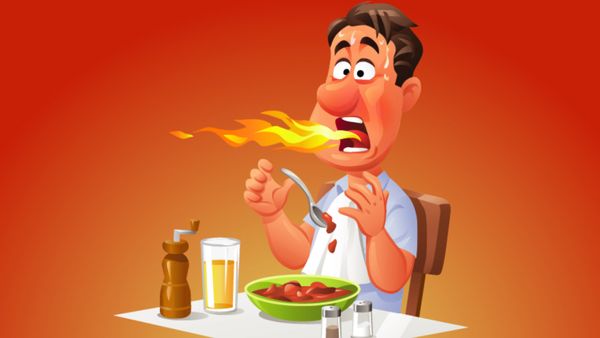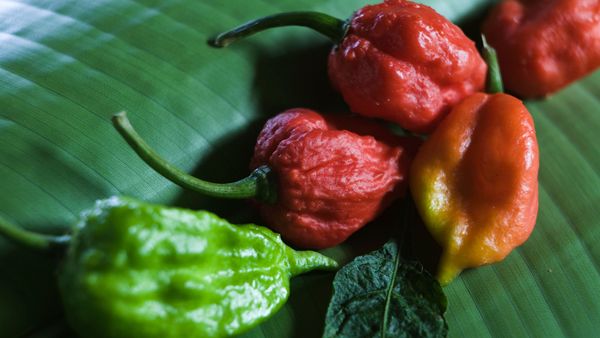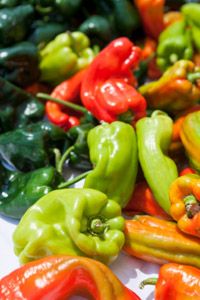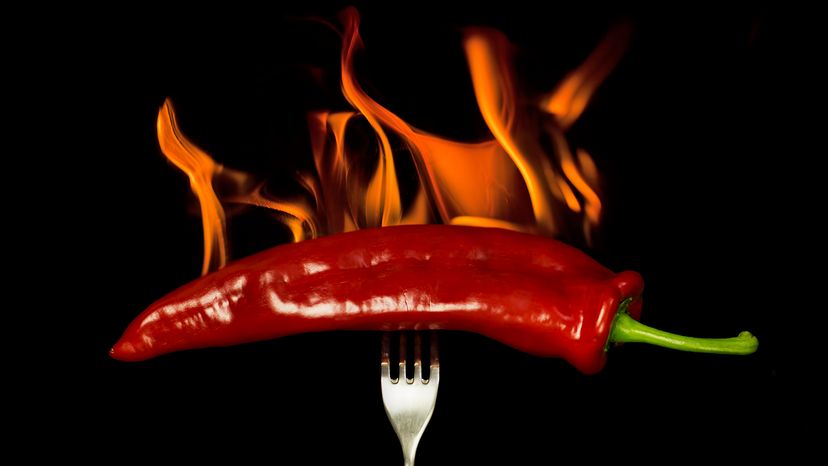
You may have seen one of those crazed contests on YouTube or at a fair where people "compete" to eat as many hot peppers as possible. For instance, in May 2017, a competitive eater who goes by the name LA Beast set a Guinness World Record for eating the most ghost peppers in two minutes — 13. Ghost peppers, for those of you that don't know, are some of the hottest in the world and rate 1 million per pepper on the Scoville heat scale (a scientific measure of how hot a pepper is). To put things in perspective, that's at least 100 times hotter than a jalapeño, which ranks anywhere between about 2,500 and 8,000 Scoville units.
But ghost peppers aren't even the hottest. That honor officially belongs to the Carolina Reaper, which earned its title as the hottest pepper in the world — beating out a pepper called the Trinidad Scorpion — in 2013. Carolina Reapers rate 2.2 million on the Scoville heat scale.
Advertisement
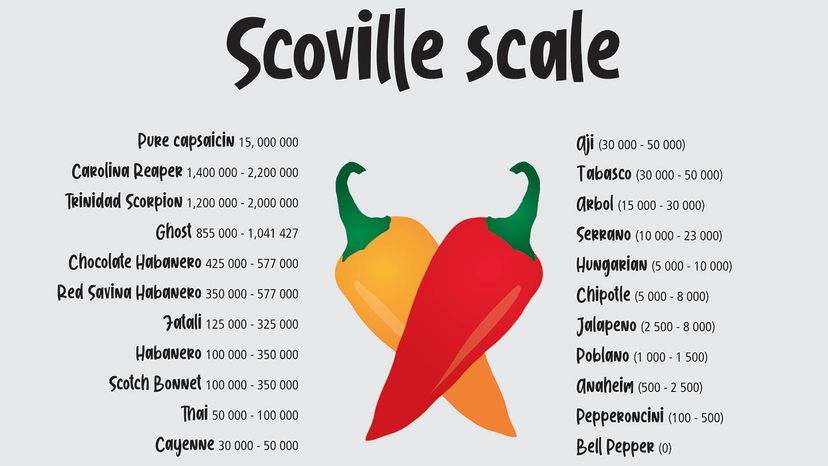
In 2017, a new pepper, known only as Pepper X came on the scene, rating about 3.2 million Scoville units. It took 10 years to develop; as of 2020, Guinness World Records (which had earlier crowned the Carolina Reaper as the hottest pepper) had not yet confirmed that Pepper X was now the hottest pepper.
Which brings us to these questions: Why this pursuit of developing hotter and hotter peppers? And who is eating them?
For answers, it makes sense to go to the man responsible for developing both Pepper X and The Smokin' Ed Carolina Reaper (that's a trademarked name, by the way): Ed Currie. He goes by Smokin' Ed, and he describes himself as owner, president, mad scientist and chef at PuckerButt Pepper Company in South Carolina.
"For the general public, [hot sauce] is a condiment," Currie said, when we spoke to him in 2018. "People start with sauces like Tabasco, and they are good sauces, but they aren't really hot. People develop a tolerance for them, and they want something more."
Advertisement
